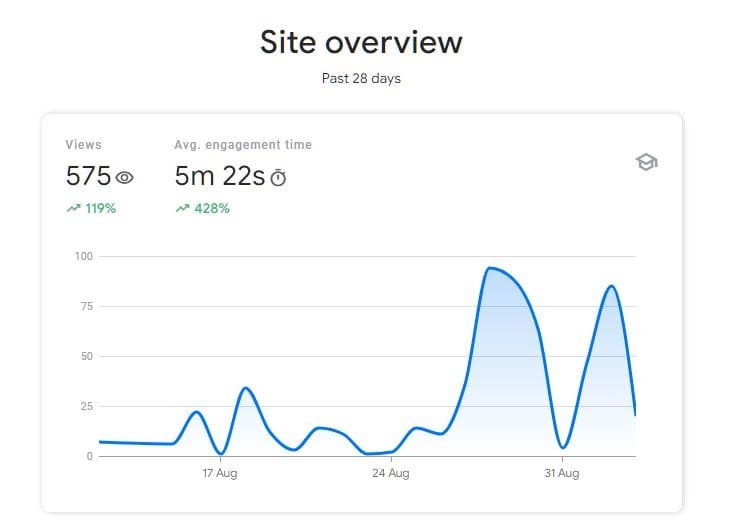Is your website letting you down? Boost Your Site Results!
“A website that loads in 1 second has a conversion rate 3x higher than a site that loads in 5 seconds and 5x higher than one that loads in 10 seconds.” (Source: Portent)

Testimonials
“Thanks to Steve, our website and social media pages look significantly better. I plan to return to him for future help as new challenges arise”



Is Your Website Delivering the Results You Need?
Boost your site results. Your website should be your hardest-working asset. But is it attracting enough visitors, keeping them engaged, and driving business growth? You may need my powerful SEO & website optimisation services.
At New Beltane Tech, I specialise in Website Optimisation and Search Engine Optimisation (SEO). I can fine-tune your website to improve its speed, usability, and visibility on search engines like Google.
The result? A faster, more effective website that ranks higher, attracts more targeted traffic, provides a better user experience, and ultimately helps you achieve your business goals.
Ready to unlock your site’s potential?
Click the button at the top for a free audit and report on your site.
Alternatively, use the button below to book a free chat about what is included in the free site audit and report.
What I Do
Website optimisation
Boost your site’s speed, performance, and user experience with my expert optimisation services.
SEO
Improve your search engine rankings and attract more organic traffic with my tailored SEO strategies.
Web Hosting
Receive personalised recommendations for the best hosting plans to suit your business needs.
Digital Marketing
Enhance your online presence today! Ask about my comprehensive digital marketing services.
Boost Your Website Performance & Achieve Online Success
In today’s digital landscape, a high-performing website is crucial. It needs to be fast, easy to use, mobile-friendly, and visible to your ideal customers on search engines.
New Beltane Tech provides expert Website Optimisation and SEO services designed to elevate your online presence. I focus on enhancing every aspect of your site – from technical health and speed to content relevance and search engine rankings.
I help businesses make their websites work harder, attracting more visitors and converting them into loyal customers.
